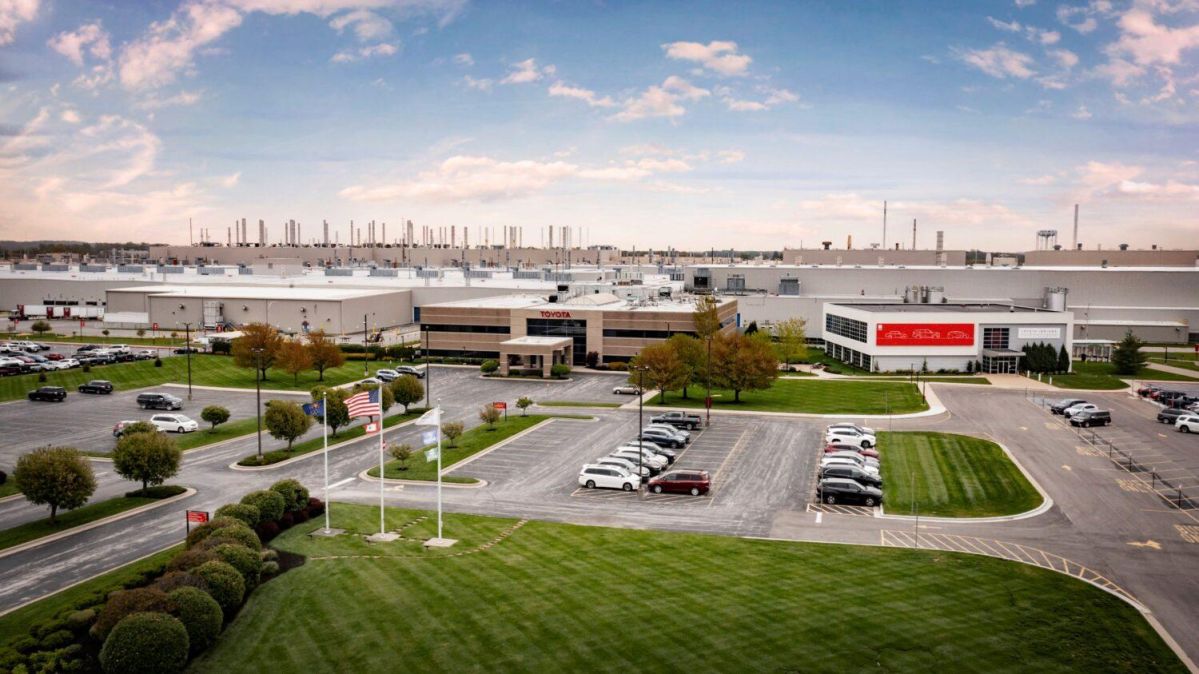Toyota announced another $1.4 billion investment in its Princeton, IN, facility to assemble a new three-row battery electric SUV, bringing Toyota's total investment in the plant to $8 billion. The move is expected to create up to 340 new jobs and is part of Toyota's broader $18.6 billion investment in its U.S. operations aimed at enhancing electrification efforts.
"Our team members are the heart of Toyota," said Tim Hollander, president of Toyota Indiana. "We take great pride in producing quality products while providing long-term, stable employment no matter the changes in our industry. Our team is committed to delivering this new product with the same quality and performance that Toyota customers expect."
The investment will not only support the infrastructure required to build the all-new EV, but will also add a new battery pack assembly line. These battery packs will use lithium-ion batteries supplied by Toyota Battery Manufacturing North Carolina, set to start production in 2025.
"I feel fortunate for the years I've been with Toyota and am proud of the products we assemble," said Michael Baehl, a 26-year Toyota Indiana employee. "The company's commitment to long-term job stability and high-quality work provides me with peace of mind. Additionally, the opportunities to enhance my skills and progress in my career have allowed me to achieve goals I never imagined."
"Toyota's investment in the state began with an $800 million commitment and has grown to over $8 billion," said Indiana Gov. Eric J. Holcomb. "Today's incredible announcement shows just how important our state's business-friendly environment, focus on long-term success and access to a skilled workforce is to companies seeking to expand and be profitable far into the future."
Toyota's Indiana facility, home to more than 7,500 employees, already assembles models like the Toyota Sienna, Highlander, Grand Highlander and Lexus TX. The addition of the new electric SUV is set to further solidify Toyota's role in the advancing automotive industry, particularly in the electric vehicle sector.












